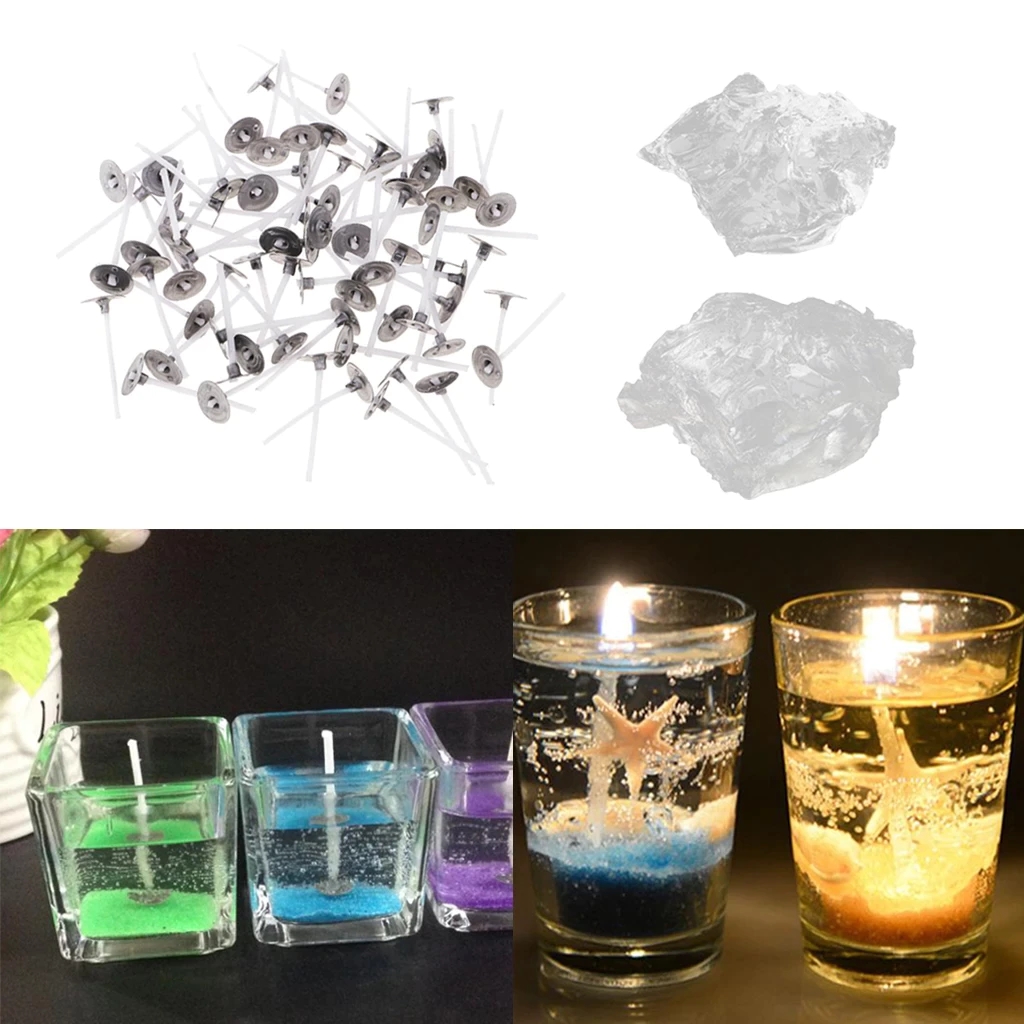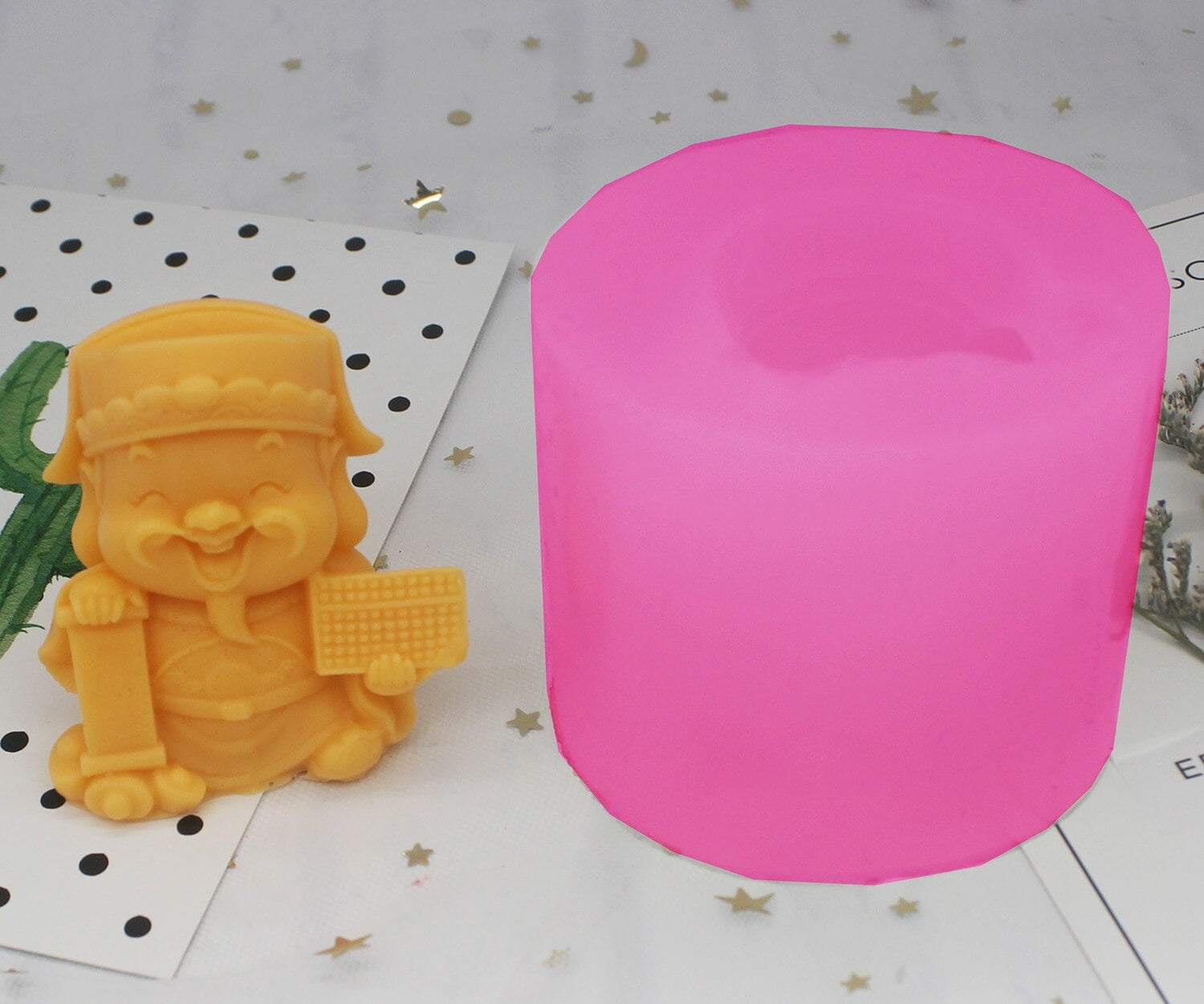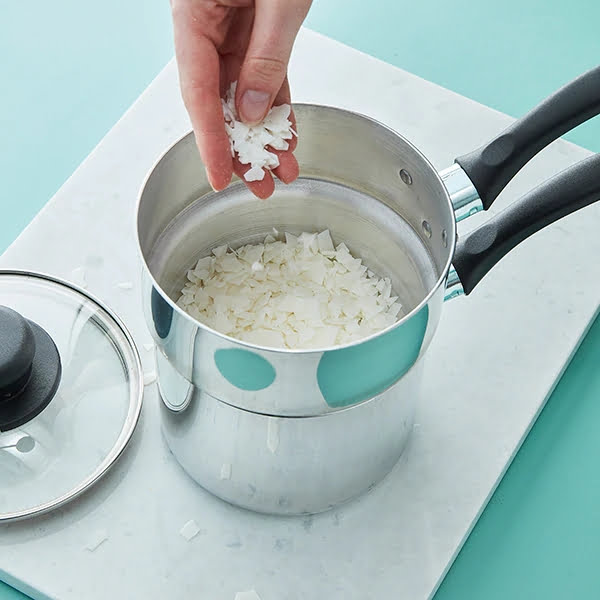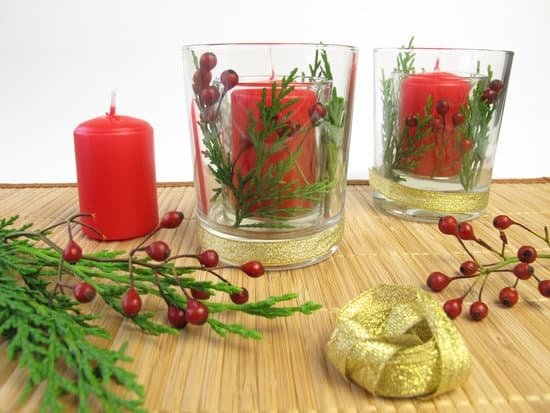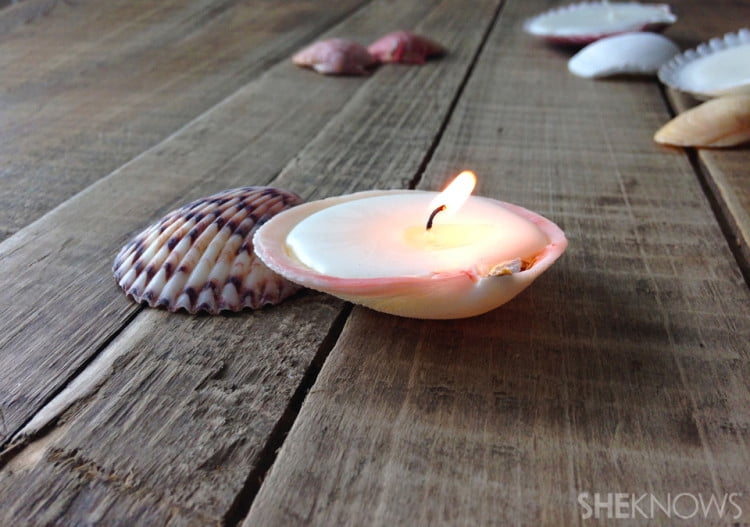Are you interested in creating beautifully scented candles? One of the key ingredients in candle making is fragrance oil. In this article, we will explore the use of fragrance oils in candle making and provide valuable tips for choosing the right one for your project.
When it comes to using fragrance oil in candle making, understanding the different types available is crucial. Whether you prefer natural or synthetic fragrances, each type has its own unique characteristics that can enhance the scent of your candles. Additionally, we will delve into the importance of using quality fragrance oils to ensure a long-lasting and pleasant aroma in your candles.
Choosing the right fragrance oil for your candle is an essential step in the candle making process. We will discuss how to select a fragrance that complements your candle design and appeals to your target audience. Additionally, we will explore popular fragrance oil combinations that allow you to create unique and captivating scents for your candles. Stay tuned as we uncover the role of fragrance oils and provide expert tips for properly using them in your candle making endeavors.
Understanding the Different Types of Fragrance Oils
When it comes to using fragrance oil in candle making, it’s important to understand that there are different types of fragrance oils available in the market. Each type of fragrance oil has its own characteristics and properties that can affect the overall outcome of your candle.
Synthetic Fragrance Oils
Synthetic fragrance oils are created in a lab and are made up of various synthetic compounds. These fragrance oils tend to have a strong and long-lasting scent, making them ideal for candles that are meant to fill a room with their aroma. However, some people may prefer natural fragrance oils over synthetic ones.
Natural Fragrance Oils
Natural fragrance oils are derived from natural sources such as plants, flowers, fruits, and spices. These oils are often preferred by those who prioritize using all-natural ingredients in their candle making process. Natural fragrance oils may not have as strong of a scent throw as synthetic ones, but they offer a more subtle and authentic aroma.
Essential Oils
Essential oils are extracted from botanical sources through methods like distillation or cold pressing. While essential oils are not technically classified as “fragrance oils,” they can still be used to add scent to candles. They offer a wide range of aromatherapy benefits and are popular among those looking for natural and therapeutic scents for their candles.
Understanding the different types of fragrance oils is crucial when selecting the right one for your candle making process. Whether you opt for synthetic fragrance oils, natural fragrance oils, or essential oils, each type brings its own unique characteristics to the table<^ORGANIZATION>
Choosing the Right Fragrance Oil for Your Candle
When it comes to candle making, choosing the right fragrance oil is essential in creating a product that will appeal to your target market. There are various types of fragrance oils available, each with its own unique properties and characteristics. Here are some factors to consider when selecting the perfect fragrance oil for your candle:
- Consider the purpose of your candle: Are you creating a soothing, relaxing ambiance or a festive, invigorating atmosphere?
- Think about your target audience: Different fragrances appeal to different demographics, so understanding the preferences of your customers is crucial in selecting the right scent.
- Take into account the season: Some scents are more suitable for specific times of the year, such as warm and cozy fragrances for winter or fresh and floral scents for spring.
Once you have considered these factors, you can explore the wide variety of fragrance oils available and their corresponding scent profiles. From fruity and sweet to woody and spicy, there is a fragrance oil to suit every preference.
When using fragrance oil in candle making, it is important to ensure that the scent complements the wax and other materials used in the process. Additionally, testing different fragrance oils with small batches of candles can help determine which one works best for your specific product. Remember that the quality of your fragrance oil will greatly impact the final result of your candles, so invest in high-quality oils to achieve superior results.
Whether you are creating candles for personal use or for sale, choosing the right fragrance oil is crucial in producing a product that not only looks beautiful but also smells amazing. By taking into consideration factors such as purpose, target audience, and seasonality, you can select a fragrance oil that will enhance the overall appeal of your candles.
The Role of Fragrance Oils in Candle Making Process
Fragrance oils play a crucial role in the candle making process, as they are responsible for giving candles their distinct and desirable scents. When using fragrance oil in candle making, it is important to understand how these oils interact with the other ingredients and the overall process of creating a candle.
There are different types of fragrance oils, each with its own unique characteristics and properties. Some common types include essential oils, synthetic fragrance oils, and blended fragrance oils. Each type has its own benefits and considerations when used in candle making, so it is important to choose the right type of fragrance oil for your specific needs.
When incorporating fragrance oils into your candle making process, there are several key factors to consider. It is essential to measure the fragrance oil accurately to ensure that the scent is not overpowering or too subtle in the finished candle. Additionally, understanding how different waxes and additives may interact with the fragrance oil can help create a balanced and long-lasting scent in the final product.
- Choose high-quality fragrance oils from reputable suppliers
- Consider the flashpoint of the fragrance oil
- Measure the fragrance oil accurately
- Understand how different wax types may interact with the fragrance oil
By carefully considering these factors and understanding the role of fragrance oils in the candle making process, you can create unique and beautifully scented candles that will delight your customers or add ambiance to your home.
Tips for Properly Using Fragrance Oils in Candle Making
When it comes to using fragrance oil in candle making, there are a few tips to keep in mind to ensure that you achieve the best results. Firstly, it’s important to remember that fragrance oils are highly concentrated, so a little goes a long way. It’s recommended to stick to the recommended usage rate for each specific fragrance oil, which is usually around 6-10% of the total wax weight.
Another tip for properly using fragrance oils in candle making is to make sure that the oil is thoroughly mixed with the melted wax. This can be achieved by stirring the fragrance oil into the wax at the correct temperature, as specified by the manufacturer. Failing to mix the fragrance oil properly can result in an uneven scent throw in your finished candles.
Additionally, it’s crucial to allow the candle wax and fragrance oil mixture to cool slightly before pouring it into your candle containers. Pouring the hot wax and oil mixture at too high of a temperature can cause the scent to dissipate or even result in cracking or frosting on the surface of your candles. Taking these precautions will help ensure that you achieve optimal results when using fragrance oil in candle making.
Common Mistakes to Avoid When Using Fragrance Oils
When it comes to using fragrance oil in candle making, there are some common mistakes that beginners and even experienced candle makers can make. One of the most common mistakes is using too much or too little fragrance oil in the candle wax.
Using too much fragrance oil can lead to an overpowering scent, poor candle performance, and even safety hazards such as excessive smoking or soot. On the other hand, using too little fragrance oil can result in a weak or virtually scentless candle.
Another mistake to avoid is not properly measuring the fragrance oil. It’s important to follow the recommended usage rate for each specific fragrance oil, which is typically expressed as a percentage of the total wax weight. Failure to accurately measure the fragrance oil can lead to inconsistencies in scent throw and overall quality of the candles.
Furthermore, neglecting to properly mix the fragrance oil into the melted wax can also lead to issues with the final product. It’s essential to thoroughly stir the fragrance oil into the wax at the correct temperature to ensure that it is evenly distributed. Failing to do so may result in uneven scent distribution throughout the candle or poor adherence of the fragrance oil to the wax.
Lastly, not storing your fragrance oils properly can impact their quality and efficacy when it comes time to use them in candle making. Exposure to light, heat, and air can all degrade the quality of fragrance oils over time, so it’s crucial to store them in a cool, dark place away from direct sunlight and extreme temperatures.
| Common Mistake | Consequence |
|---|---|
| Using too much or too little fragrance oil | Overpowering scent, poor candle performance, weak or virtually scentless candles |
| Not properly measuring the fragrance oil | Inconsistencies in scent throw and overall quality of candles |
| Neglecting to properly mix the fragrance oil into melted wax | Uneven scent distribution throughout candles or poor adherence of fragrances |
The Importance of Quality Fragrance Oils for Candle Making
When it comes to making candles, the quality of fragrance oils used plays a crucial role in the final product. Using high-quality fragrance oils can make a significant difference in the scent throw and overall performance of the candle. In this section, we will discuss the importance of using top-notch fragrance oils for candle making.
Enhanced Scent Throw
Quality fragrance oils are formulated to provide a strong and long-lasting scent throw when used in candles. This means that the aroma from the candle will fill the room and create a pleasant atmosphere for an extended period. With lower quality oils, you may notice that the scent dissipates quickly or does not fill the space as effectively.
Consistent Performance
Another reason why using quality fragrance oils is important in candle making is their consistent performance. High-grade oils are carefully crafted to ensure that they burn evenly, creating a balanced aroma throughout the entire burning process. This consistency is essential for ensuring that each candle produces the desired scent profile and performs reliably.
Safety and Longevity
Additionally, utilizing quality fragrance oils in candle making contributes to safety and longevity. These oils are designed to be safe for use in candles and maintain their potency over time. Inferior oils may contain impurities that can affect the burning characteristics of the candle or pose potential safety hazards. Therefore, investing in quality fragrance oils is not only beneficial for achieving superior scent results but also for ensuring a safe and long-lasting finished product.
Exploring Popular Fragrance Oil Combinations for Unique Candles
In conclusion, using fragrance oils in candle making can truly elevate the final product and provide an alluring sensory experience for the user. By understanding the different types of fragrance oils and choosing the right one for your candle, you can create a unique and captivating scent that will set your candles apart from others.
The role of fragrance oils in the candle making process is crucial, as it not only adds scent but also affects the burning characteristics of the candle.
When properly using fragrance oils in candle making, it’s important to keep in mind some tips to maximize their effectiveness. This includes measuring accurately, experimenting with combinations, and allowing for proper curing time to ensure that the scent is well integrated into the wax. Additionally, being aware of common mistakes to avoid when using fragrance oils is essential to produce high-quality candles that customers will enjoy.
Lastly, the importance of quality fragrance oils cannot be overstated. Investing in top-notch fragrance oils will result in a more potent and long-lasting scent for your candles. By exploring popular fragrance oil combinations, you can create unique candles that cater to different preferences and occasions, ultimately increasing their appeal to potential customers. Overall, incorporating fragrance oils into your candle making process opens up a world of possibilities for creating captivating and desirable products.
Frequently Asked Questions
Can I Use Fragrance Oil for Candle Making?
Yes, you can use fragrance oil for candle making. Fragrance oils are specifically designed to be used in candles and can provide a wide range of scents for your homemade candles.
What Happens if You Put Too Much Fragrance Oil in a Candle?
If you put too much fragrance oil in a candle, it can lead to issues such as poor burning quality, excessive soot, or even a risk of the candle catching fire. It’s important to follow proper measurements and guidelines when adding fragrance oil to ensure safety and efficacy.
Which Is Better for Candle Making Essential Oil or Fragrance Oil?
When it comes to candle making, both essential oils and fragrance oils have their pros and cons. Essential oils are natural and offer therapeutic benefits, but they can be more expensive and may have limited scent options.
On the other hand, fragrance oils are synthetic but come in a wider variety of scents at a more affordable price point. Ultimately, the choice between essential oil or fragrance oil depends on personal preference and the desired outcome for your candles.

Welcome to my candle making blog! In this blog, I will be sharing my tips and tricks for making candles. I will also be sharing some of my favorite recipes.

